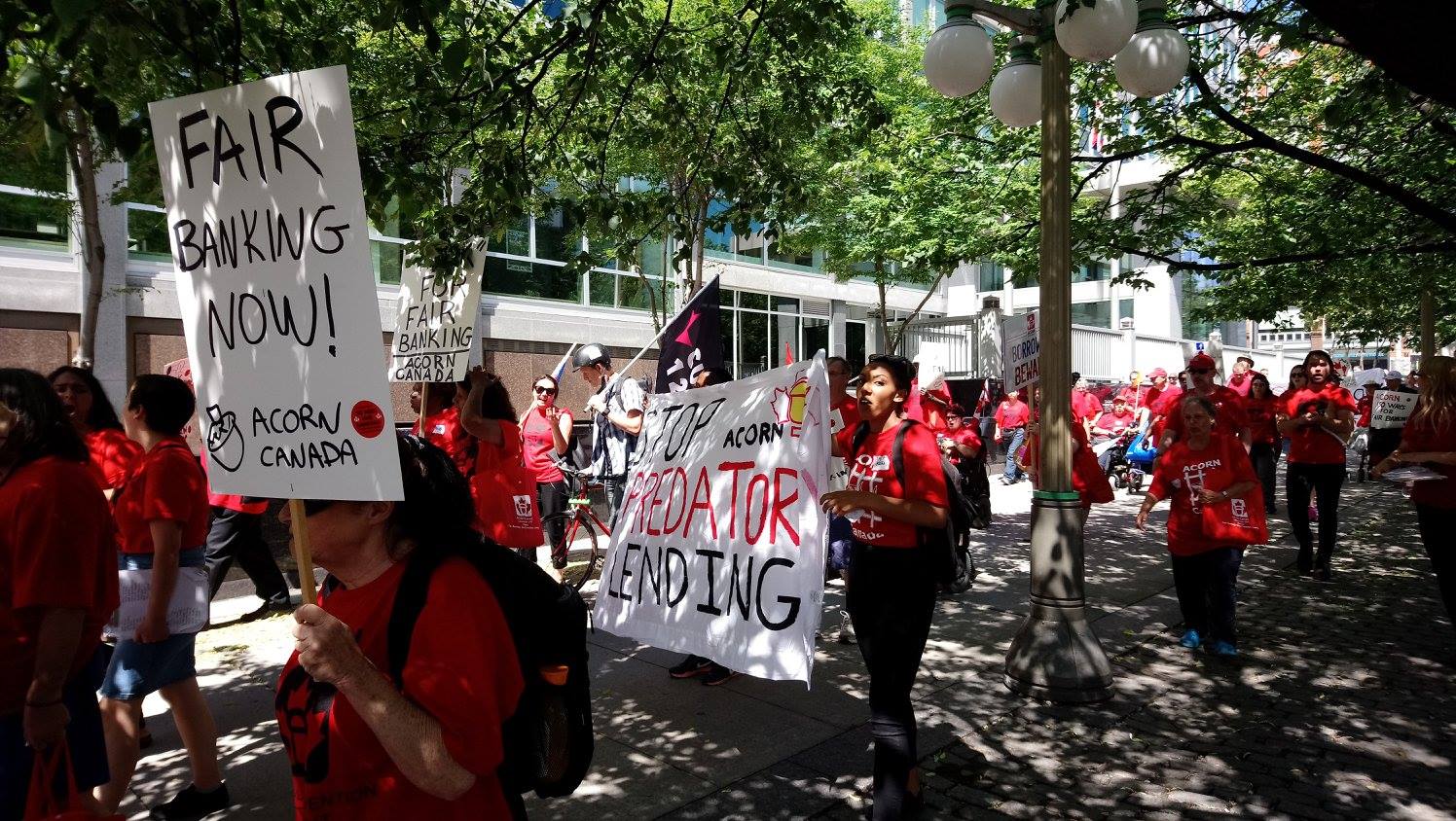
Dealing with Debt
Where should I start when I’m in debt?
1. Make a note of your income and expenditure and identify what you can afford to repay.
2. Call your creditors as soon as possible and let them know that you are having difficulties paying. You can try to negotiate, for example, lower payments or ask them to put a hold on the interest. If you have been contacted by a debt collection agency, contact them directly.
3. Check if you are able to consolidate your debts by speaking to your bank.
4. Speak to a credit counsellor about a debt repayment plan (they may charge a fee for this service)
5. File a consumer proposal, or bankruptcy.
Options that can help you manage your debt:
Debts are grouped into one loan which is used to pay the companies that you owe money to.
Non-profit organizations that offer debt management plans by negotiating monthly repayments or lump sum payments with creditors.
Organizations that offer debt management plans by negotiating monthly repayments or lump sum payments with creditors.
A legal agreement where the companies that you owe money to allow you to pay back a portion of your debt, and/or extend your repayment period.
A legal agreement where some of your belongings are sold to pay the companies you owe money to, relieving you of most debts and preventing legal action against you.
Find out more:
FCAC – information about managing debt | Office of Consumer Affairs – sample letter to creditors (unable to pay) | Office of Consumer Affairs – information about managing debt | FCAC – budget calculator | Ontario Securities Commission – information about reducing debt | Practical Money Skills Canada – information about identifying debt warning signs | Office of Consumer Affairs – information about identifying debt warning signs | FCAC – six steps to get out of debt
